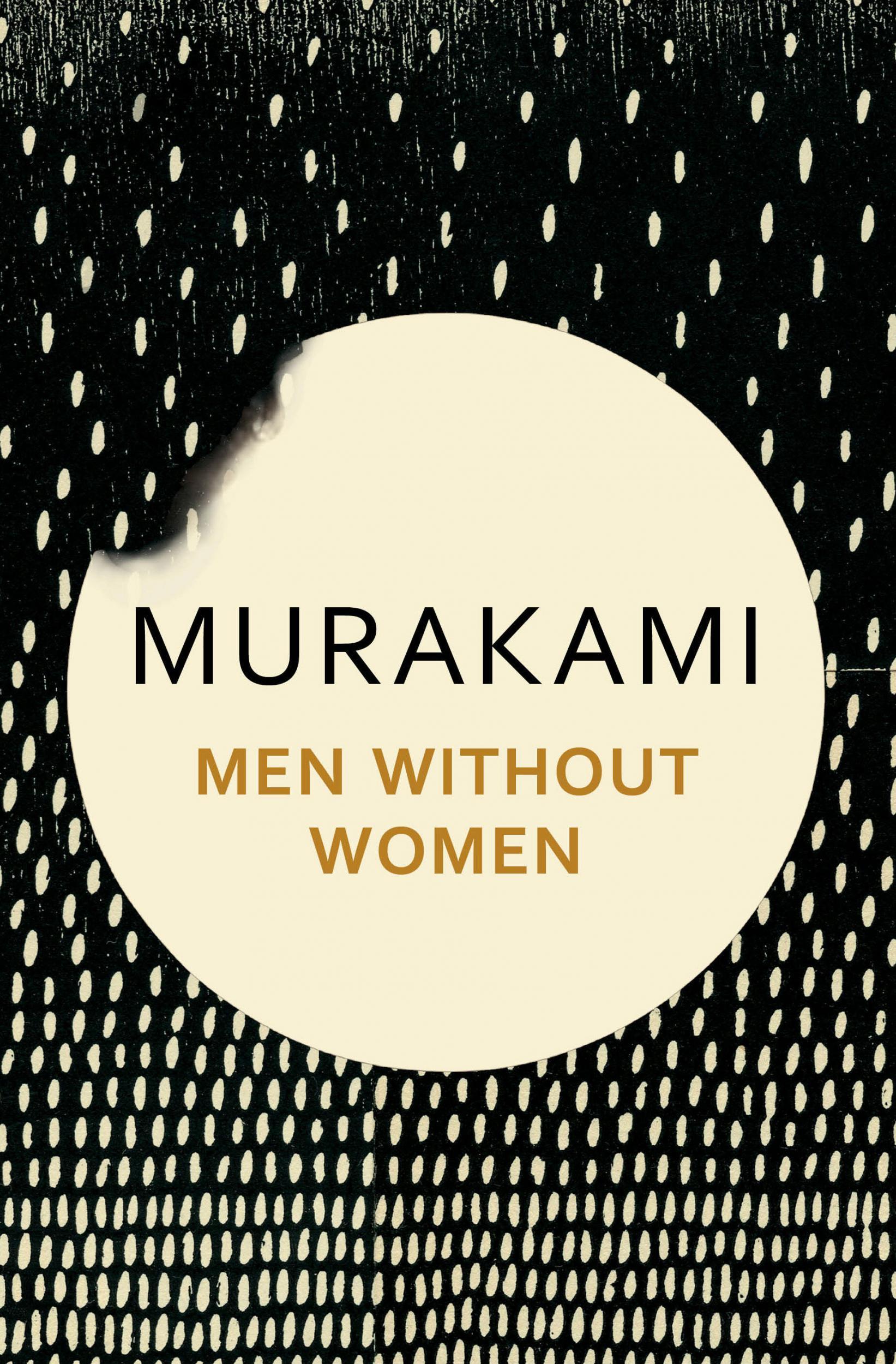Men Without Women by Haruki Murakami, book review: The unassuming quietness of these stories doesn’t mean they don’t hit home with when they need to
A new collection of short stories by Murakami explore the lives of men who find themselves alone

Your support helps us to tell the story
From reproductive rights to climate change to Big Tech, The Independent is on the ground when the story is developing. Whether it's investigating the financials of Elon Musk's pro-Trump PAC or producing our latest documentary, 'The A Word', which shines a light on the American women fighting for reproductive rights, we know how important it is to parse out the facts from the messaging.
At such a critical moment in US history, we need reporters on the ground. Your donation allows us to keep sending journalists to speak to both sides of the story.
The Independent is trusted by Americans across the entire political spectrum. And unlike many other quality news outlets, we choose not to lock Americans out of our reporting and analysis with paywalls. We believe quality journalism should be available to everyone, paid for by those who can afford it.
Your support makes all the difference.I have something of a love/hate relationship with short stories. Too many mediocre offerings leave me despairing of the genre, but then a collection like Men Without Women comes along and all is forgiven, my faith restored in the recognition of how utterly perfect the medium can be – in the right hands.
Haruki Murakami’s are talented indeed, each of the seven stories here (five of which have been previously published, four in The New Yorker and one in Freeman’s, while the remaining two – “An Independent Organ” and “Men Without Women” – are original compositions for this collection) a gem in and of its own right, but strung together they’re a sparkling strand of precious stones, the light refracted from each equally brilliant but the tones varying subtly.
The collection’s central concern is loneliness. “You are a pastel-colored Persian carpet, and loneliness is a Bordeaux wine stain that won’t come out,” explains the narrator of the final story, speaking of the myriad “Men Without Women”, among whom he counts himself. These figures take on a different guise in each of the tales – a widowed actor, musing on his dead wife’s affairs; a student who couldn’t bring himself to go all the way with his girlfriend, pimping her out instead to his friend; a lovesick plastic surgeon who starves himself to death after reading a book about the Holocaust; a single man under some form of house arrest, sleeping with his housekeeper; a divorced man who begins life again as a lonely barkeep; Kafka’s Gregor Samsa, transformed from insect into man, finding his feet in an unfamiliar world and thrown off them again by sexual desire; and a man whose girlfriends keep committing suicide.
They’re more than simply men without women though, they recognise an impossible gulf between the sexes – “I don’t think we can ever understand all that a woman is thinking,” Kafuku the actor declares – and how this connects to absences in their own identity: the doctor who wants to “reduce himself to nothing”; the bar-owner who feels disconnected from reality, fearful that he “doesn’t exist”; the student who professes to be someone he isn’t by means of an acquired accent; Kafuku who pretended all was well with his marriage.
The prose clear and refined – not to mention seamlessly translated from the original Japanese by Philip Gabriel and Ted Goossen – the unassuming quietness of these stories doesn’t mean they don’t hit home with when they need to, whether it’s by means of a single arresting sentence, the shock of a completely unanticipated eventuality – an otherwise sensible, cultured man refusing to eat, for example – or the lingering sense of expectant incompleteness that accompanies Scheherazade, in which a woman entertains her paramour with a striking post-coital story of obsession and desire from her teenage days.
Slightly at odds with the realism of the other tales, Murakami’s take on Kafka’s The Metamorphosis should jar, but instead it’s a rather delightful foray into the surreal that perfectly complements the melancholic, haunting tones of the other works.
‘Men Without Women’ by Haruki Murakami, translated from the Japanese by Philip Gabriel and Ted Goossen, is published by Harvill Secker, £16.99
Join our commenting forum
Join thought-provoking conversations, follow other Independent readers and see their replies
Comments